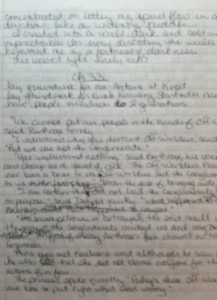 My child and husband just arrived home from a 10-day vacation. I cleaned the house, but I also wrote a lot. Now that they are home, I am preparing for the summer slog.
My child and husband just arrived home from a 10-day vacation. I cleaned the house, but I also wrote a lot. Now that they are home, I am preparing for the summer slog.
Any writing parent dreads summer—that time of year when your carefully guarded writing time vanishes into the hazy air. Our school-time schedules no longer apply, as we alternate between running our children to activities and spending time with them at home.
Some writing parents handle the summer by simply giving up on writing. They put it on hold until September and take any writing time they get in summer as a gift. Perhaps this is a smart way to handle it—low expectations mean no disappointment. Also, it puts no pressure on you to find time to write. This may be the healthiest approach, overall.
However, some of us have deadlines. We cannot afford to take 3 months off. Others of us simply cannot go that long without writing. I know personally that taking 3 months off would make me crazy. The lack of creativity would affect my mood, my outlook, my interaction with my family. I would, in short, resent this absolute curtailment of my writing, and the last thing in the world I want is to resent my child.
So what’s a torn writing parent to do? How do we find time to write while spending quality time with our child? I have come across several suggestions for dealing with the summer slog:
- Get up before everyone else.
- Go to bed after everyone else.
- Day camp your kids.
- Babysitters.
- Kids entertain themselves.
I imagine most writer-parents do some combination of above, based on age and needs of the child and financial means. For me, number 1 is laughable—my brain is not creatively functional (or at all functional) before about nine AM. Number 2 is more viable, since I am a night owl, but since I already do this I cannot use it to increase my summer writing time.
I’ve got number 3 in hand—a few weeks of day camp are paid for. Some writer-parents hire babysitters to come and take care of the kids in the house while the writer locks herself in the office or bedroom to work, but my number 4 will most likely be in the form of grandparents coming over to take my daughter out to places and the occasional play date.
Number 5 can be tricky depending on your child’s age and needs. At six years old, my daughter is now capable of entertaining herself for several hours if needed. Number 5 is often a judicious mix of TV/computer time, reading to herself, and simply being told to fend for herself until a certain time while mommy works. Number 5 has not worked very well in the past, but I think this year will see a more successful attempt.
So writer-parents, how do you handle the summer slog and make time to write while your kids are home?
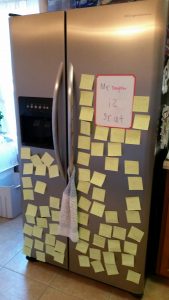
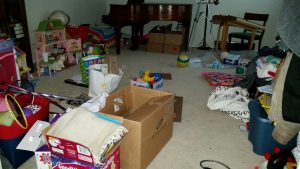
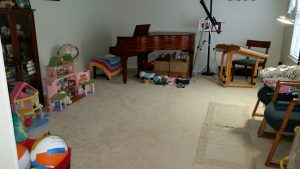

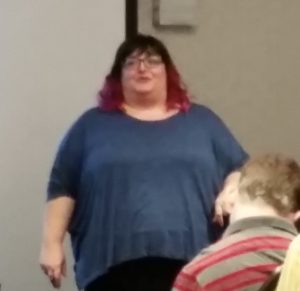
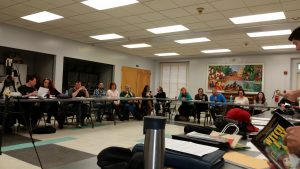
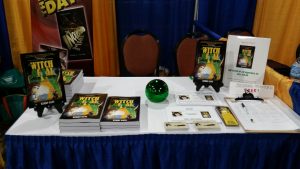
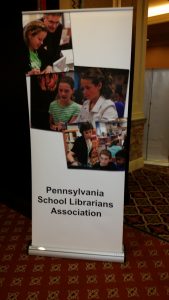
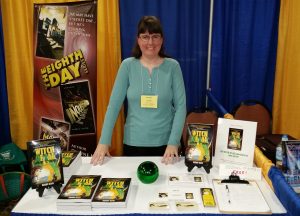
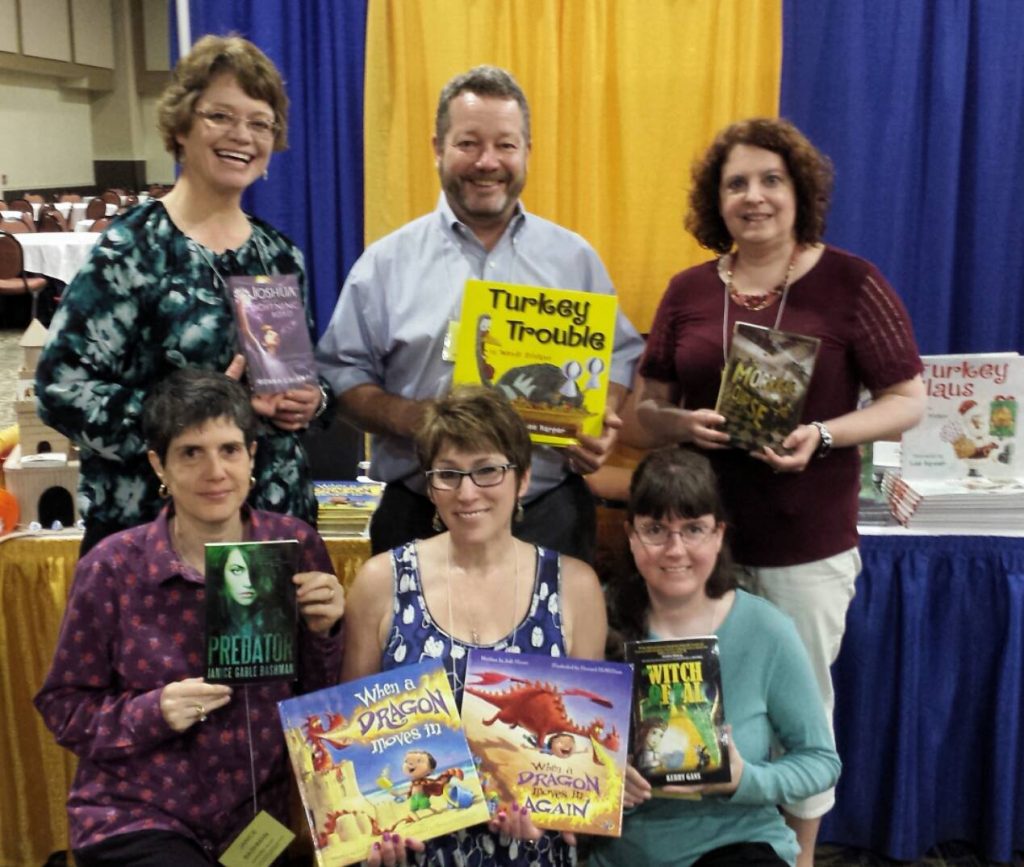

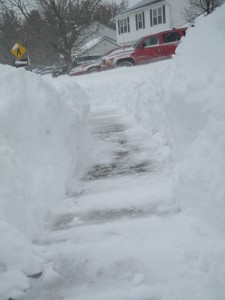
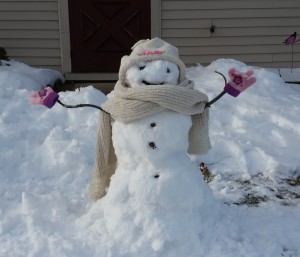

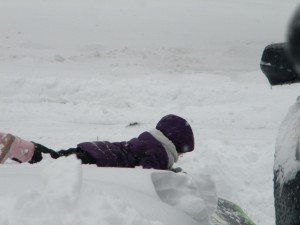
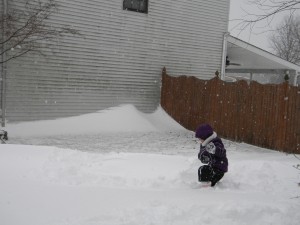

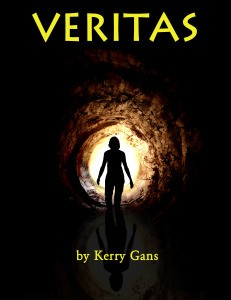
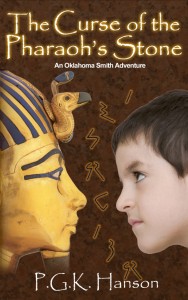
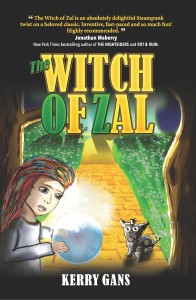
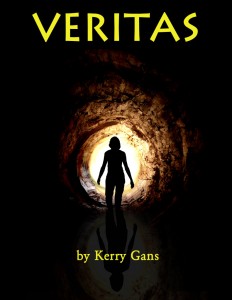

My First Teaching Experience
This is a reflection of my own weaknesses—I am an introvert, and I hate being the center of attention. Of course, as most teachers know, there are always some kids who are not paying attention to you, and that makes it worse. When I feel like I am not connecting with my audience, I wonder what I am doing wrong, how am I failing them?
The 4th grade class was harder. About half the class actively participated, the rest sat and watched silently. At least they were polite and didn’t talk through the class. And a few of them sparked up a bit by the end. Truthfully, I think I panicked when they didn’t all seem eager and turned the class into more of a lecture than a participatory event, which may have caused them to further withdraw.
The experience so far has been a rewarding one. My most memorable moment came when I had finished with the 1st graders and one little boy started to cry. I asked why he was crying and his friend told me that he was sad because he had not gotten to write his own story about lions and tigers (today they get to write their own stories). So I got down on his level and asked him to tell me his story.
I had to ask a few leading questions, but in just minutes his hands were no longer covering his face and the tears had dried. His story spilled out of him (and it was a good story, too!), and his passion and eagerness wiped away the disappointment. To me, this was a pure lesson in the power of story. All this little boy wanted was to share his story. For his voice to be heard.
On the whole, my first experience teaching kids has been a good one. The kids have been creative and eager and I hope I can learn from them how to be a better teacher.
Save
Save
Save
Save